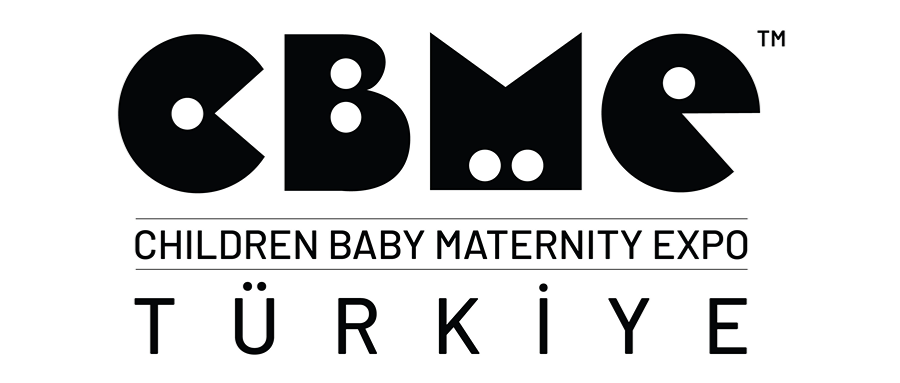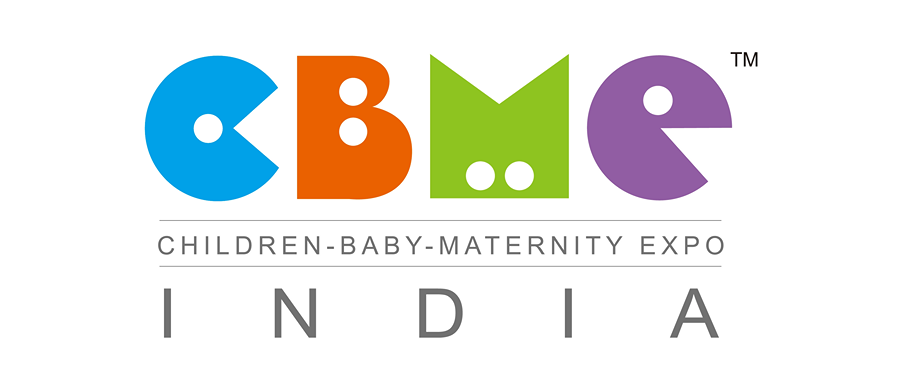

Early Bird Offer
Unlock VIP access and secure your free ticket today! CBME Early Bird special offer has opened. Register by April 30th to enjoy exclusive benefits.
Book a booth Get VIP now

CBME China 2025
CBME China 2025 will be held at the NECC (Shanghai), China, from 16-18 July, 2025. Mark your calendars and join us for this industry event.
Book a booth Register Now

Early Bird Offer
Unlock VIP access and secure your free ticket today! CBME Early Bird special offer has opened. Register by April 30th to enjoy exclusive benefits.
Book a booth Get VIP now

CBME China 2025
CBME China 2025 will be held at the NECC (Shanghai), China, from 16-18 July, 2025. Mark your calendars and join us for this industry event.
Book a booth Register NowCBME Early Bird Offer is now live! Visitors who register before April 30th will be upgraded to VIP status after the event concludes. An email notification will be sent out once your VIP access is activated. All users who register before April 30th through any official channel will gain VIP access.
Register Now for CBME China 2025
Thank you for submitting your information. It has been successfully entered into our system.
To finalize your pre-registration, please complete a brief survey. This helps us provide you with tailored exhibitor information and customized updates on categories of interest.
Thank you for your cooperation.
About CBME China
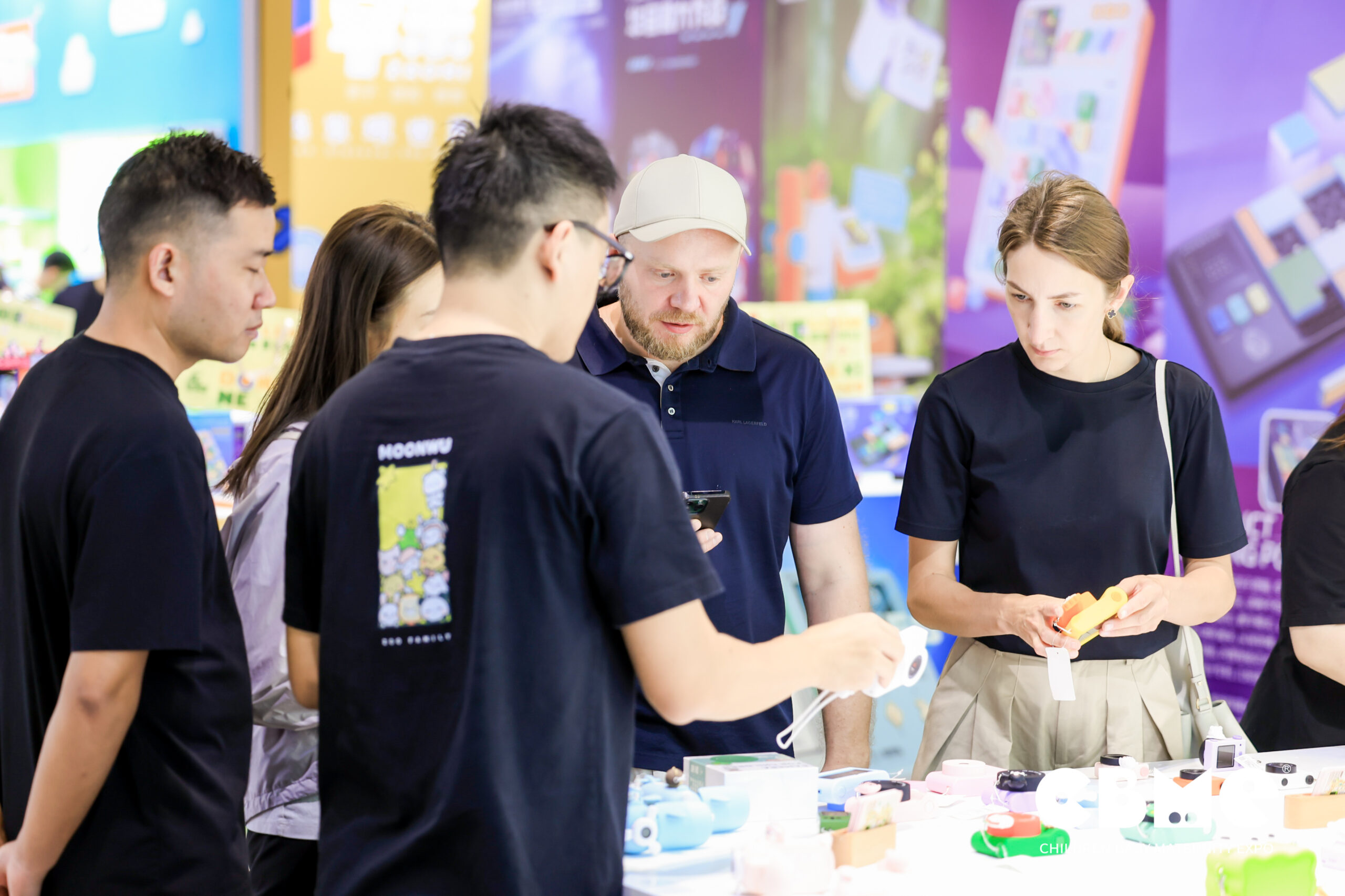
CBME China is the world's largest trade show for the children, baby and maternity industry and the place for you to make business happen
CBME China, the largest B2B exhibition for maternity, baby, and children's products in the world, takes place annually in Shanghai. It stands as the global trade fair offering a comprehensive range of services and products. CBME provides a prime platform for professional buyers, manufacturers, distributors, suppliers, and business partners to exchange knowledge and foster business opportunities through attendance at the expo and other top-tier industry activities.

Exhibitors at CBME China 2024
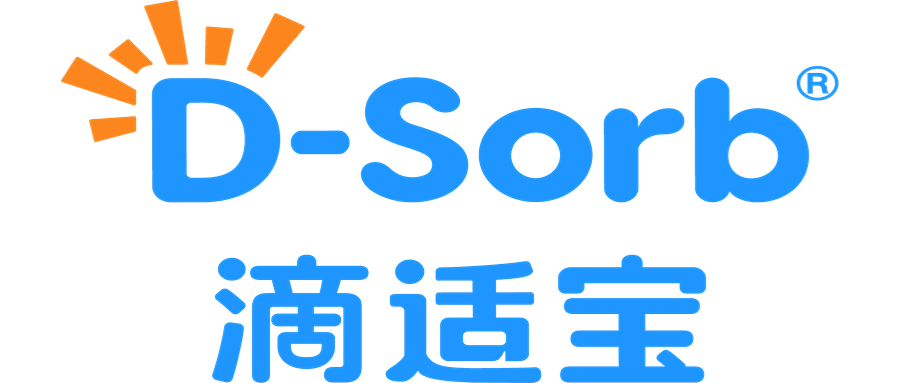

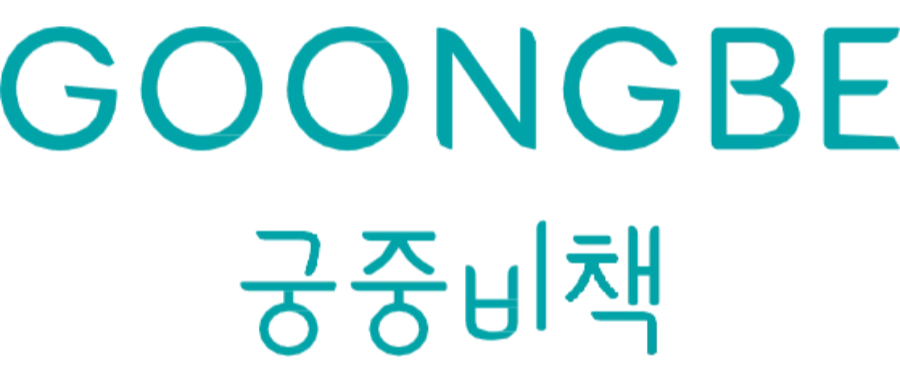
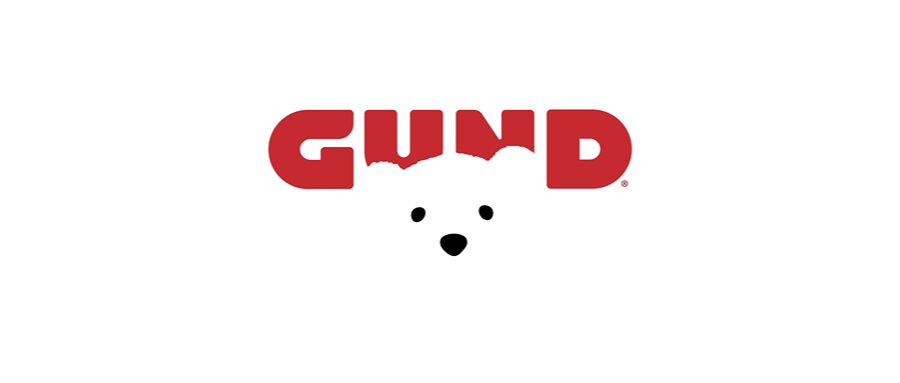


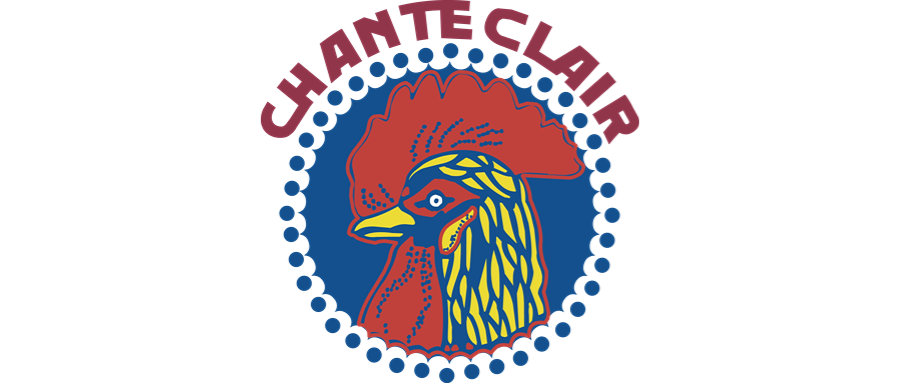

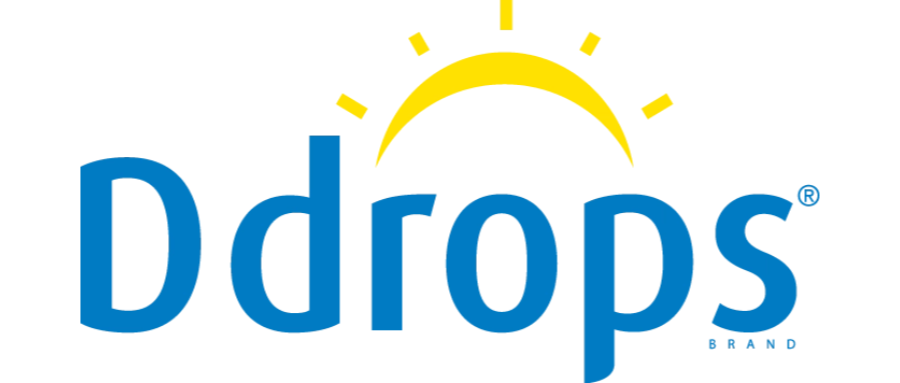












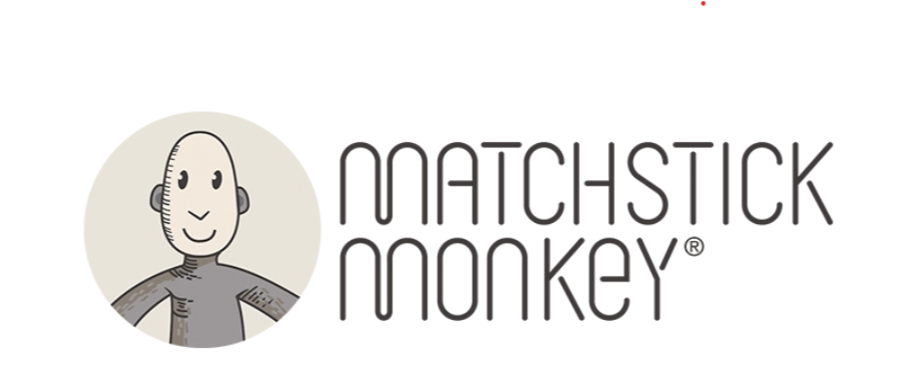
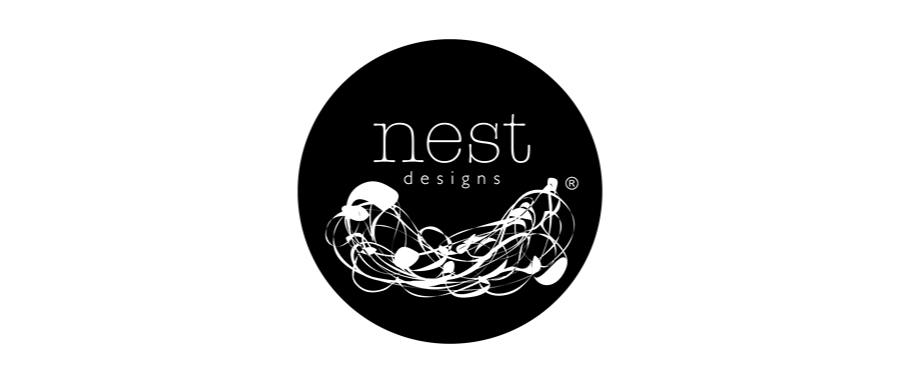
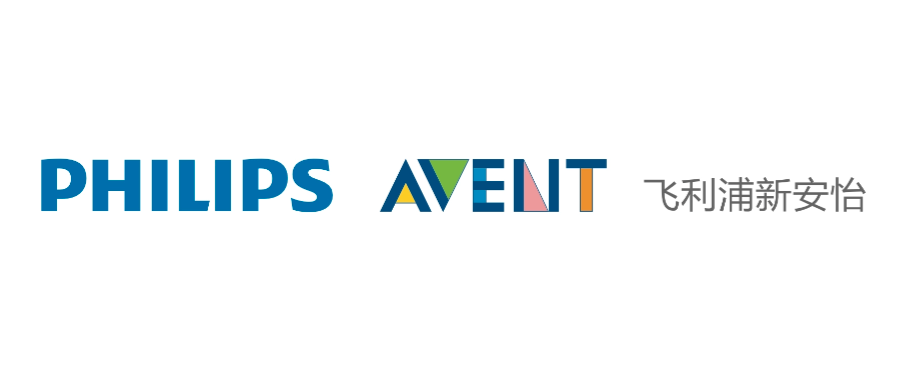
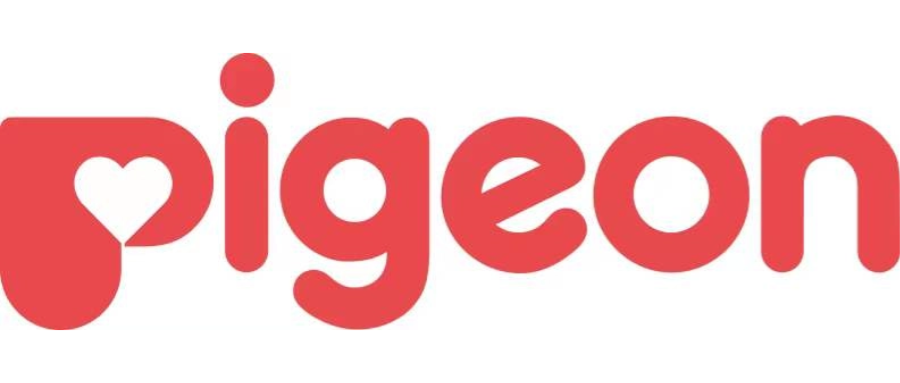
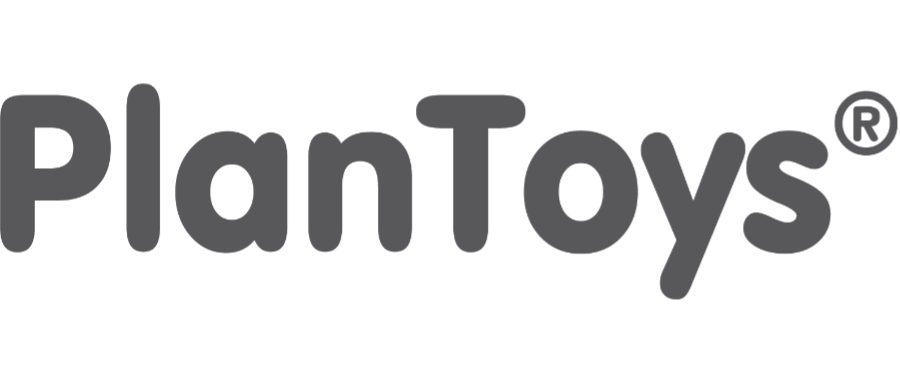
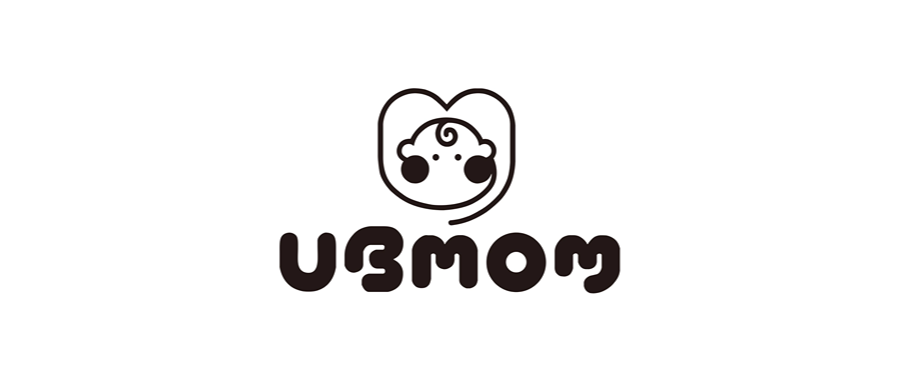
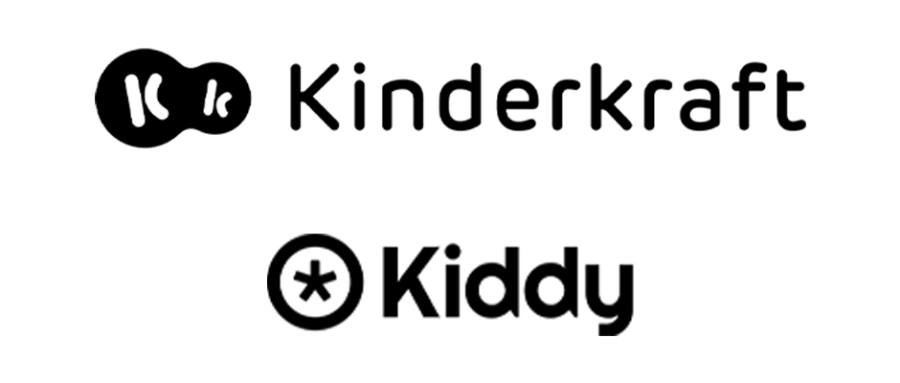

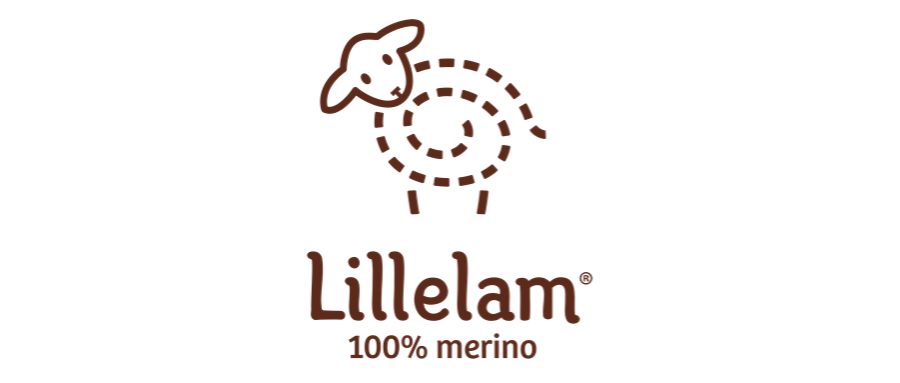












HALL PLAN


Highlights
Events
CBME China is the hotspot for all products in the children, baby and maternity industry, whether it’s showcasing the latest products, or looking into the future of features. We will regularly hold events based on the latest hot topics in the industry to share insider information and breakthroughs in business development.
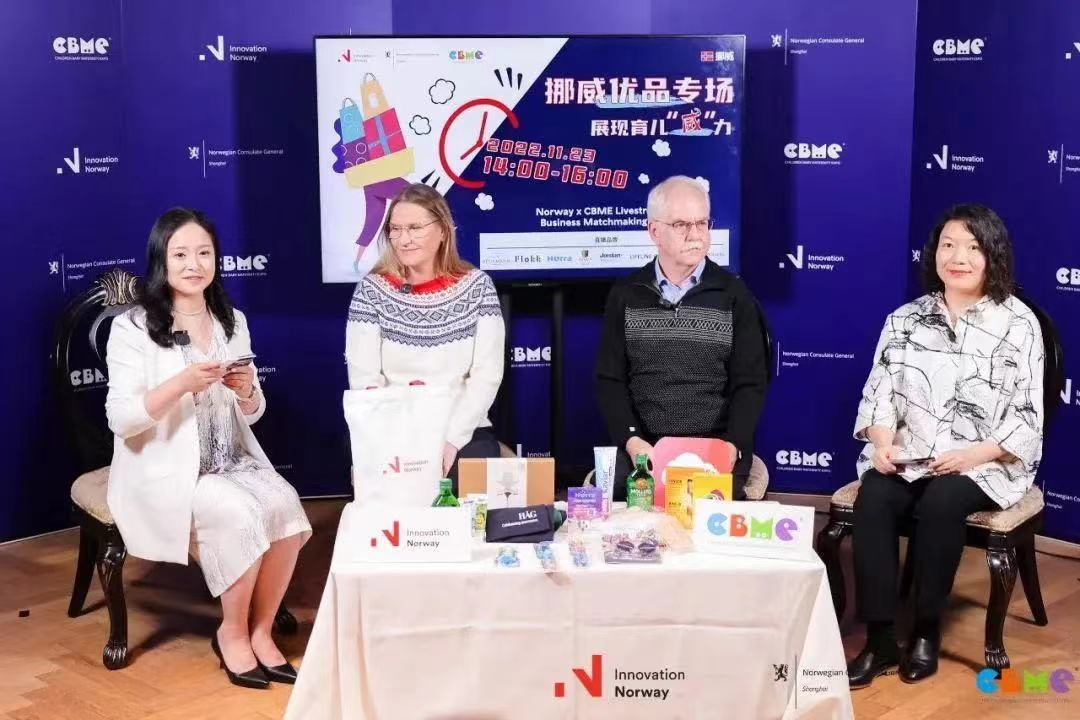
Media Gallery
Our media gallery offers a glimpse into the onsite communication, international pavilion, and events. Navigating through our gallery, you’ll find a record of the innovations and interactions that occur at our expos. For inquiries or to delve deeper into the world of maternal and child products, feel free to reach out to our team or subscribe to our updates.
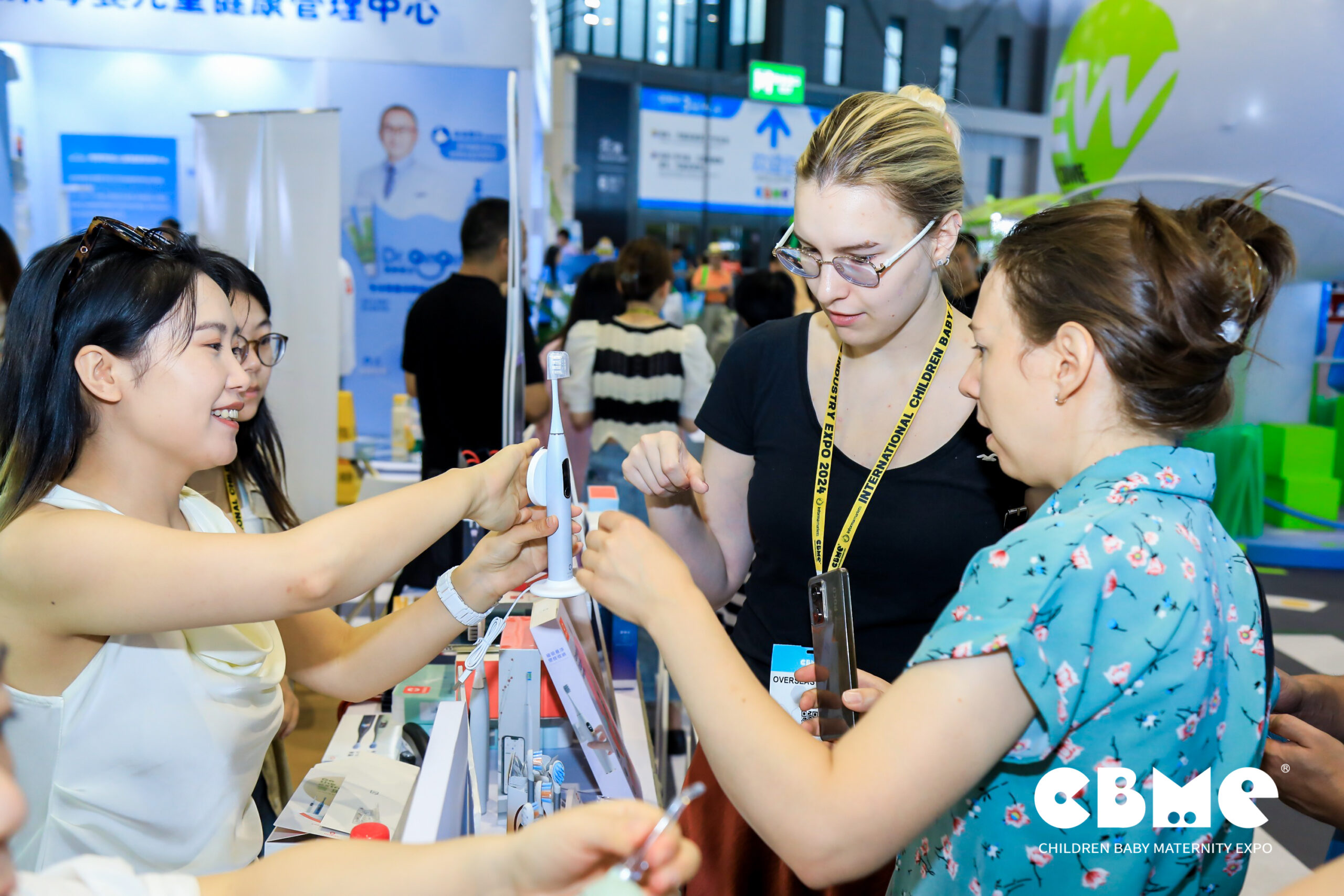
Elite-VIP Buyers Club
Enjoy exclusive benefits like priority access to product launches, personalized assistance, and curated supplier lists. Network with industry leaders and benefit from streamlined buying processes. This exclusive platform is designed for international buyers with substantial purchasing authority, offering a differentiated experience at CBME China.
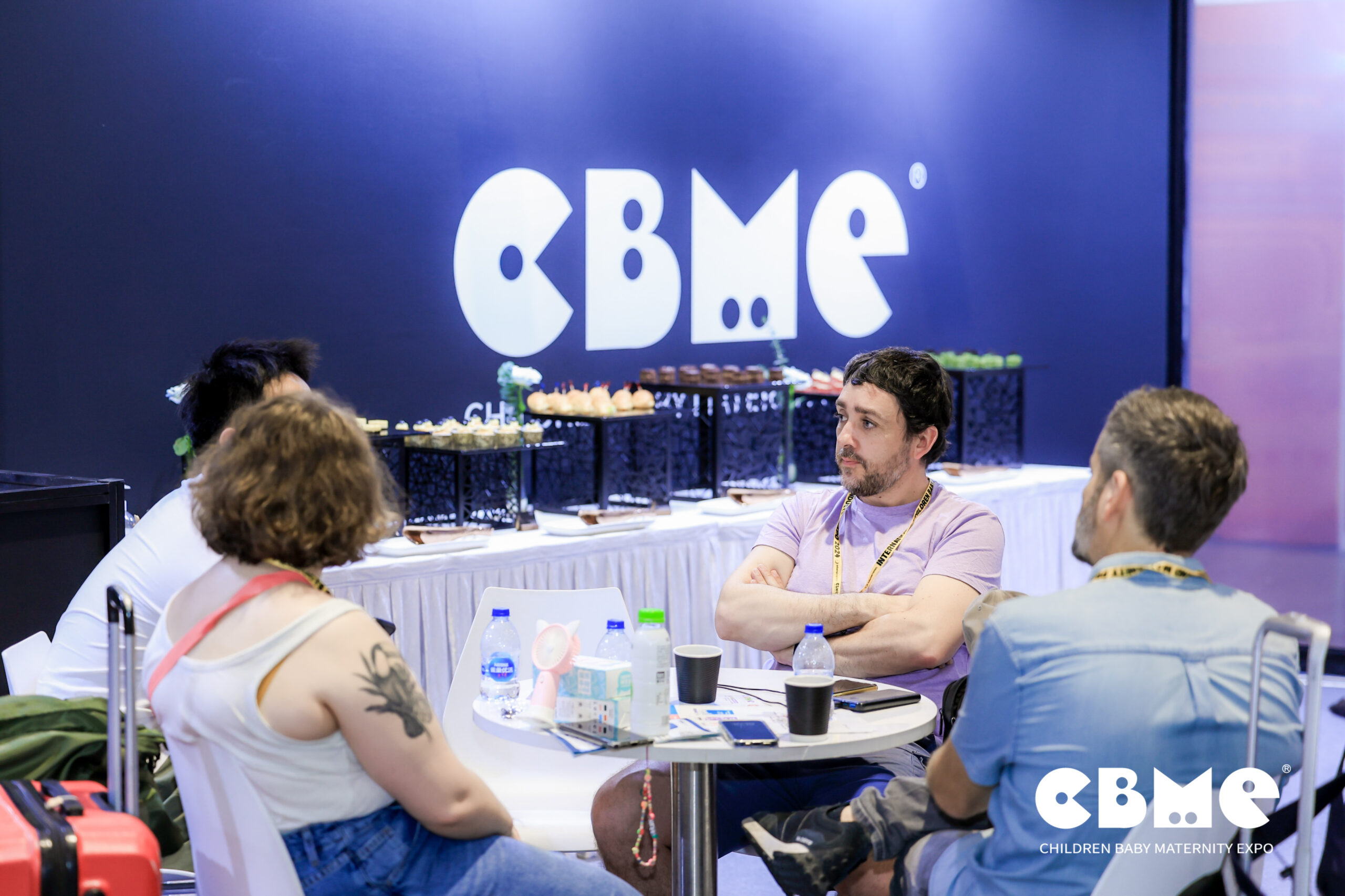
Hear from Our Visitors
Hear from Our Exhibitors
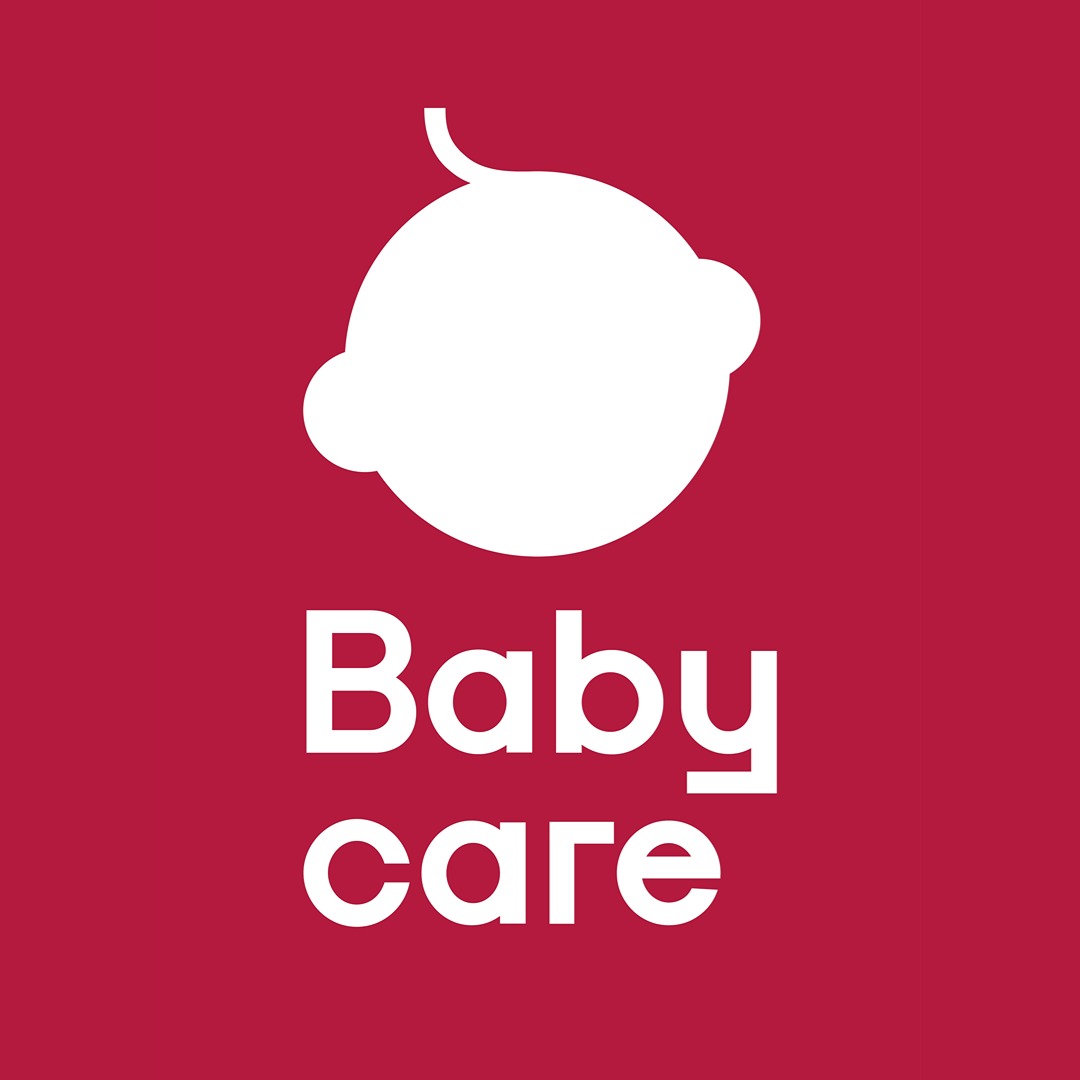
Since 2018, Babycare has been an exhibitor at CBME China for six years. We welcomed around 20,000 customers and established connections with nearly 550 new partners across the industry’s value chain. We express our gratitude to CBME for providing us with this high-quality platform for resource networking and collaboration.
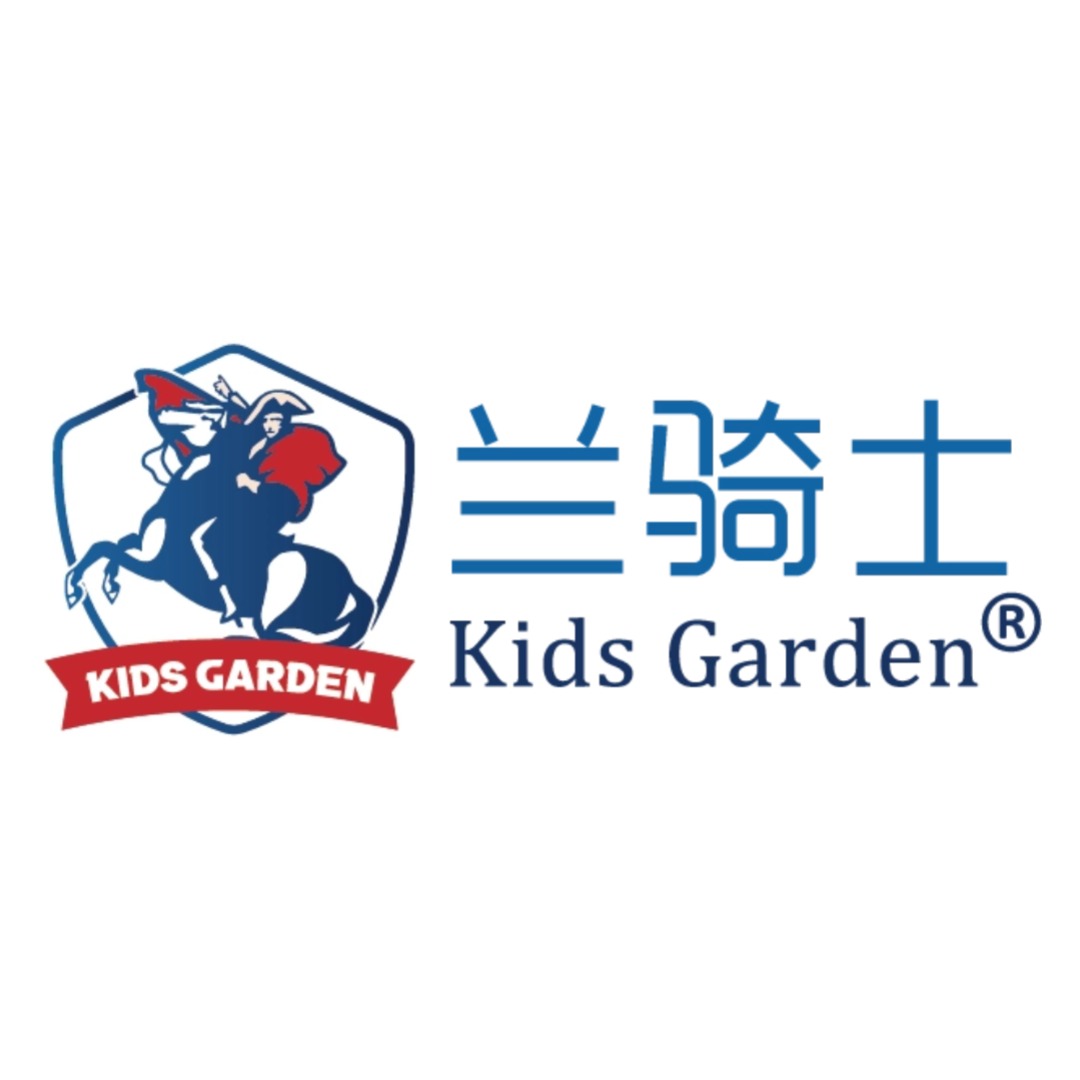
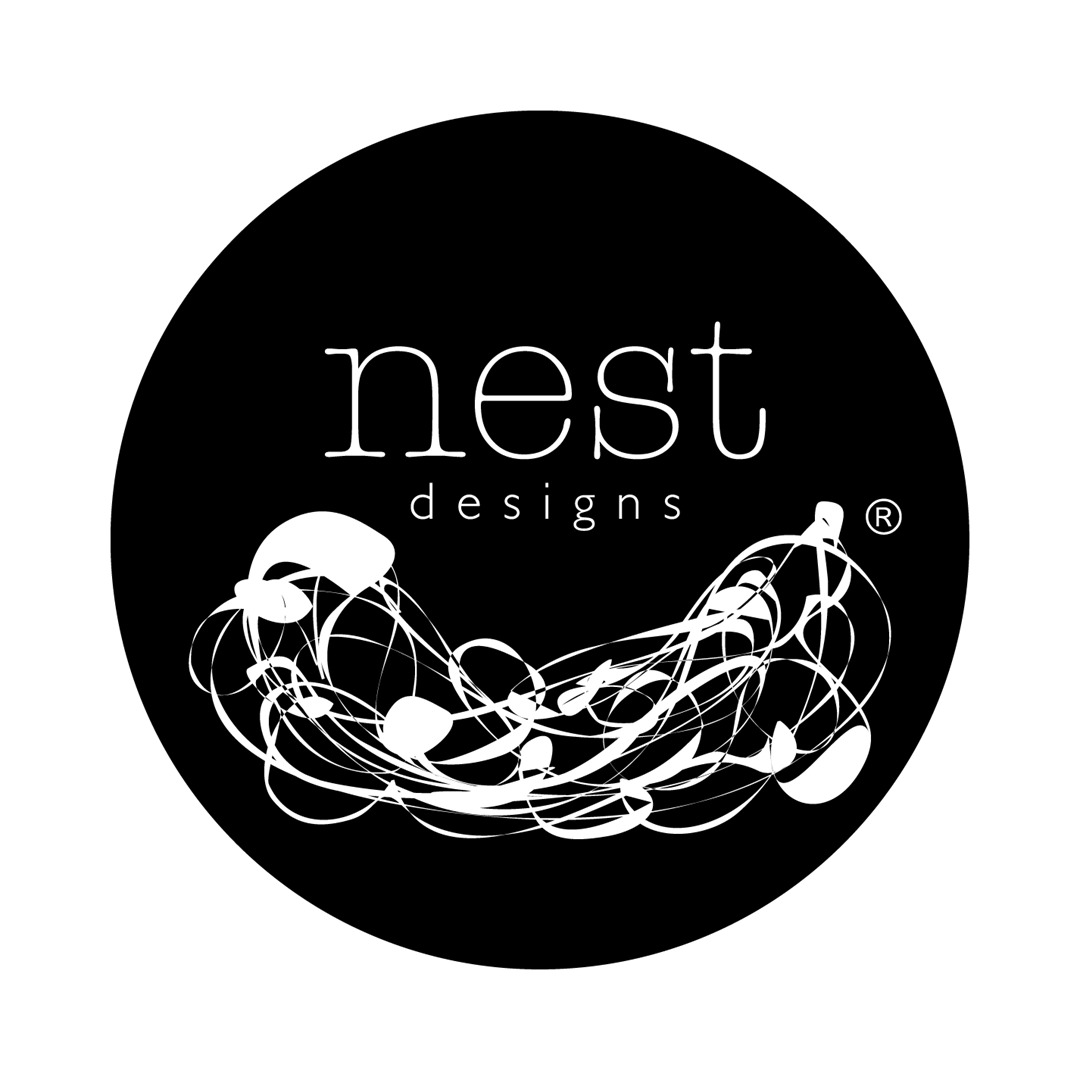

Babycare
Vice President Nie Jing
SUN SEASONS
General manager Zhang Yiqin


Nest Designs
CCO Li yong









